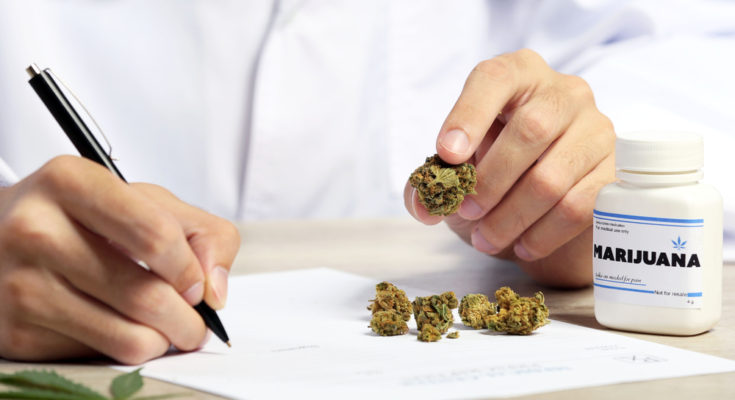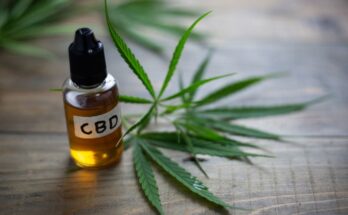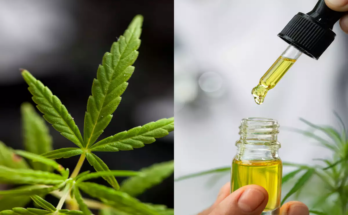America is at a crossroads with medical marijuana. With nearly three dozen states and the District of Columbia allowing it in one form or another, it seems likely that medical marijuana will be nationwide before long. And yet, there is the pesky problem of federal regulation. It seems Washington only has two choices: reschedule marijuana or fully decriminalize it.
Full decriminalization would defeat the purpose of allowing medical marijuana. Furthermore, no one is looking to decriminalize opioids. Why would marijuana decriminalization even be on the table? That leaves responsible lawmakers to look at rescheduling. And if rescheduling is a worthy goal, clinical studies are the best pathway to achieving it.
Schedule I Controlled Substances
Understanding why clinical studies are the key begins with understanding why certain drugs are classified as Schedule I. According to the Drug Enforcement Agency (DEA), Schedule I controlled substances are defined as “drugs with no currently accepted medical use and a high potential for abuse.”
For now, set aside the question of abuse potential. The real issue is whether or not cannabis has any “currently accepted medical use.” Some doctors and pharmacists say yes. Others say no. The reason they cannot agree boils down to a lack of clinical data. There is simply not enough data to allow for consensus.
Plenty of Anecdotal Evidence
Marijuana’s efficacy is almost always supported by anecdotal evidence. For example, the qualified medical professionals (QMPs) at Utahmarijuana.org can cite a litany of anecdotal evidence supplied by the patients they work with. All across the country, the sheer volume of anecdotal evidence is overwhelming.
Unfortunately, anecdotal evidence does not constitute hard science. If it did, there would be very few objections to regenerative medicine practitioners utilizing autologous stem cell and PRP material to treat conditions like osteoarthritis. We sneer at such doctors because of a lack of clinical data supporting the efficacy of their treatments.
If we are to be consistent, we must demand the same volume of clinical evidence in support of medical marijuana’s efficacy. Until that evidence exists, it is nearly impossible to reschedule marijuana as a Schedule II or Schedule III drug with any credibility.
A Lack of Clinical Research
Today, medical research into the efficacy of medical cannabis has been limited. A major hurdle for researchers is the availability of the drug. Federal regulations make it difficult for researchers to do what they want to do. As such, Washington could help its own cause by addressing access issues.
With greater access to cannabis and a new federal mandate to produce clinical evidence, researchers could begin looking at the drug in earnest. Since a rather large percentage of medical cannabis patients use the drug for pain management, that seems a good place to begin. It wouldn’t take much to set up the types of studies the DEA and FDA would need to make informed decisions.
Decriminalization Without Clinical Evidence
The danger in all of this is the possibility that Congress will go to full decriminalization without the clinical evidence. That would be a mistake. Why? Because cannabis can be abused as easily as alcohol. We already have enough problems with alcohol in this country. Do we need to create more problems with full decriminalization?
Assuming cannabis has legitimate medical applications, it should be treated like any other drug. But for that to happen, it has to be rescheduled. The best way to convince regulators to make the change is to present them with clinical data proving the efficacy of the drug. Anything short of that undermines legitimate efforts to use cannabis as a medicine.




